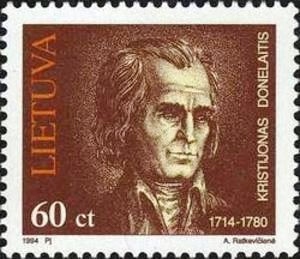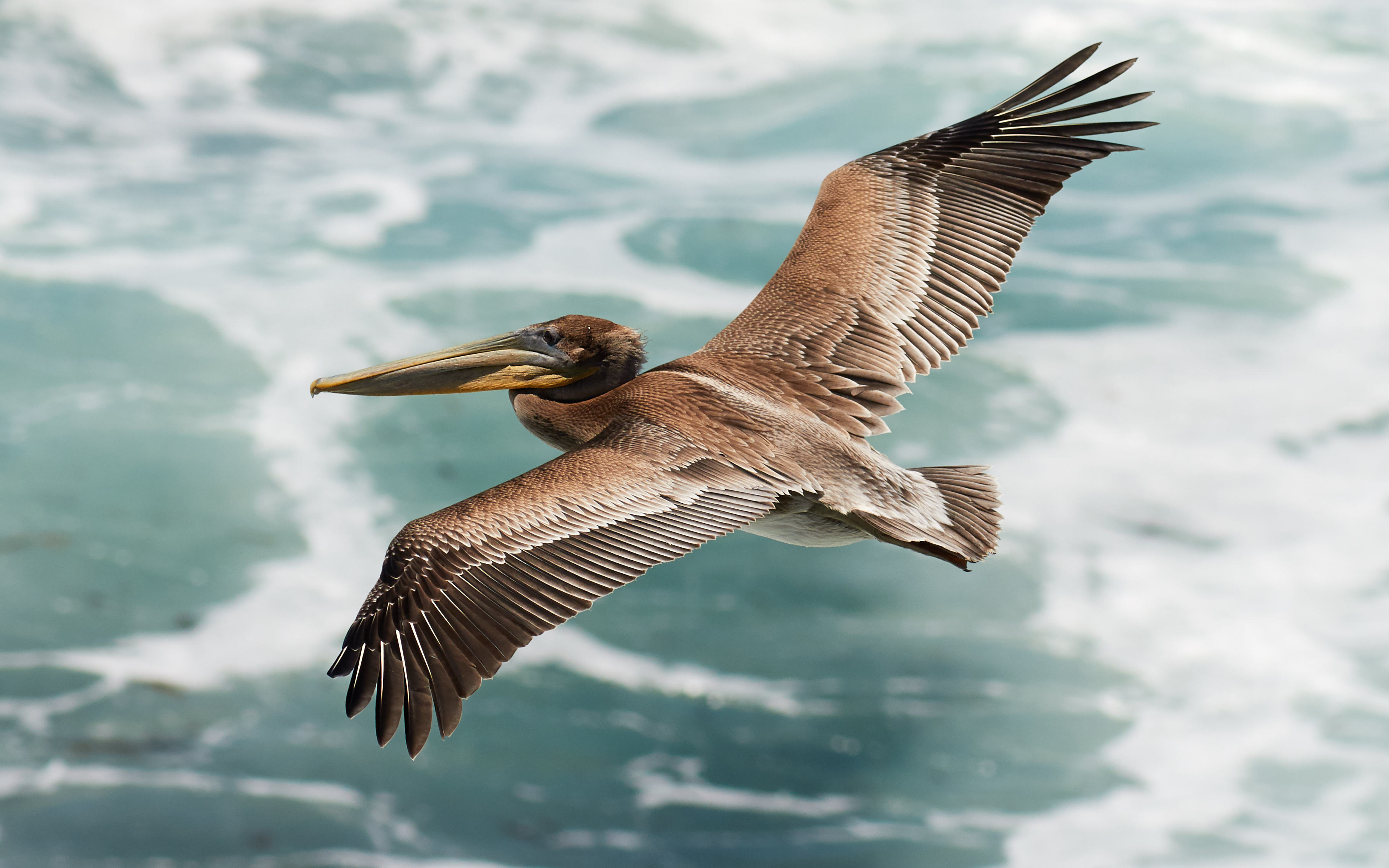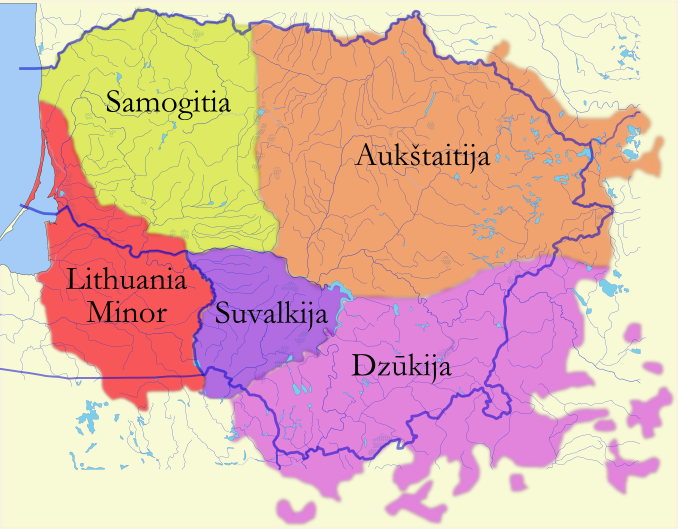|
Tollmingkehmen
Chistye Prudy (russian: Чи́стые Пруды́; german: Tollmingkehmen, 1938-46 Tollmingen; lt, Tolminkiemis; pl, Tołminkiejmy) is a rural locality (a settlement) in Nesterovsky District of Kaliningrad Oblast, Russia. The settlement is located about from the Russian border with Lithuania. Geography The place is located northwest of the Romincka Forest not far from the borders with Lithuania and Poland. History Tollmingkehmen was mentioned in written sources in the 14th century. In 1454, the region was incorporated by King Casimir IV Jagiellon to the Kingdom of Poland upon the request of the anti-Teutonic Prussian Confederation. After the subsequent Thirteen Years' War, since 1466, it formed part of Poland as a fief held by the Teutonic Order,Górski, p. 96–97, 214–215 and from 1525 held by Ducal Prussia. In 1589, it became a center of a parish. Many famous people worked in the parish including Kristijonas Donelaitis, the author of the first Lithuanian poem '' T ... [...More Info...] [...Related Items...] OR: [Wikipedia] [Google] [Baidu] |
Kreis Goldap
The Goldap district was a Prussian district in East Prussia that existed from 1818 to 1945. Its territory is now divided between the Polish Warmian-Masurian Voivodeship and the Russian Kaliningrad Oblast. History Kingdom of Prussia On 1 September 1818 the new ''Goldap district was'' formed in Regierungsbezirk Gumbinnen from parts of the old ''Insterburg'' ''district''. This included the parishes of Dubeningken, Gawaiten, Goldap, Grabowen, Gurnen, Mehlkehmen, Szirgupönen (from 1824) and Szittkehmen. The district office was in Goldap. On 1 February 1843 a major exchange of territory took place between the district of Goldap and the district of Stallupönen. The parish of Mehlkehmen was transferred from the district of Goldap to the district of Stallupönen, and in return, the parish of Tollmingkehmen was transferred from the district of Stallupönen to the district of Goldap. Germany Since 1871, the district belonged to the German Empire. After the province of Prus ... [...More Info...] [...Related Items...] OR: [Wikipedia] [Google] [Baidu] |
Kristijonas Donelaitis
Kristijonas Donelaitis ( la, Christian Donalitius; 1 January 1714 – 18 February 1780) was a Prussian Lithuanian poet and Lutheran pastor. He lived and worked in Lithuania Minor, a territory in the Kingdom of Prussia, that had a sizable Lithuanian-speaking minority. He wrote the first classic Lithuanian language poem, '' The Seasons'' ( lt, Metai), which became one of the principal works of Lithuanian poetry. The poem, a classic work of Lithuanian literature, depicts everyday life of Lithuanian peasants, their struggle with serfdom, and the annual cycle of life. Early life Donelaitis was born at Lasdinehlen estate near Gumbinnen, Prussia. His parents were free peasants who owned the land that they cultivated. His father died in 1720, leaving seven children (four sons and three daughters). One of his three brothers, Friedrich, became a goldsmith in Königsberg. Another brother, Michael, inherited the father's farm. His third brother, Adam, became a blacksmith and innkeeper. In 1 ... [...More Info...] [...Related Items...] OR: [Wikipedia] [Google] [Baidu] |
List Of Sovereign States
The following is a list providing an overview of sovereign states around the world with information on their status and recognition of their sovereignty. The 206 listed states can be divided into three categories based on membership within the United Nations System: 193 UN member states, 2 UN General Assembly non-member observer states, and 11 other states. The ''sovereignty dispute'' column indicates states having undisputed sovereignty (188 states, of which there are 187 UN member states and 1 UN General Assembly non-member observer state), states having disputed sovereignty (16 states, of which there are 6 UN member states, 1 UN General Assembly non-member observer state, and 9 de facto states), and states having a special political status (2 states, both in free association with New Zealand). Compiling a list such as this can be a complicated and controversial process, as there is no definition that is binding on all the members of the community of nations concerni ... [...More Info...] [...Related Items...] OR: [Wikipedia] [Google] [Baidu] |
Ducal Prussia
The Duchy of Prussia (german: Herzogtum Preußen, pl, Księstwo Pruskie, lt, Prūsijos kunigaikštystė) or Ducal Prussia (german: Herzogliches Preußen, link=no; pl, Prusy Książęce, link=no) was a duchy in the region of Prussia established as a result of secularization of the Monastic Prussia, the territory that remained under the control of the State of the Teutonic Order until the Protestant Reformation in 1525. Overview The duchy became the first Protestant state when Albert, Duke of Prussia formally adopted Lutheranism in 1525. It was inhabited by a German, Polish (mainly in Masuria), and Lithuanian-speaking (mainly in Lithuania Minor) population. In 1525, during the Protestant Reformation, in accordance to the Treaty of Kraków, the Grand Master of the Teutonic Knights, Albert, secularized the order's prevailing Prussian territory (the Monastic Prussia), becoming Albert, Duke of Prussia. As the region had been a part of the Kingdom of Poland since the Second Peac ... [...More Info...] [...Related Items...] OR: [Wikipedia] [Google] [Baidu] |
Flight And Expulsion Of Germans (1944–50)
Flight or flying is the process by which an object moves through a space without contacting any planetary surface, either within an atmosphere (i.e. air flight or aviation) or through the vacuum of outer space (i.e. spaceflight). This can be achieved by generating aerodynamic lift associated with gliding or propulsive thrust, aerostatically using buoyancy, or by ballistic movement. Many things can fly, from animal aviators such as birds, bats and insects, to natural gliders/parachuters such as patagial animals, anemochorous seeds and ballistospores, to human inventions like aircraft (airplanes, helicopters, airships, balloons, etc.) and rockets which may propel spacecraft and spaceplanes. The engineering aspects of flight are the purview of aerospace engineering which is subdivided into aeronautics, the study of vehicles that travel through the atmosphere, and astronautics, the study of vehicles that travel through space, and ballistics, the study of the flight of p ... [...More Info...] [...Related Items...] OR: [Wikipedia] [Google] [Baidu] |
World War II
World War II or the Second World War, often abbreviated as WWII or WW2, was a world war that lasted from 1939 to 1945. It involved the vast majority of the world's countries—including all of the great powers—forming two opposing military alliances: the Allies and the Axis powers. World War II was a total war that directly involved more than 100 million personnel from more than 30 countries. The major participants in the war threw their entire economic, industrial, and scientific capabilities behind the war effort, blurring the distinction between civilian and military resources. Aircraft played a major role in the conflict, enabling the strategic bombing of population centres and deploying the only two nuclear weapons ever used in war. World War II was by far the deadliest conflict in human history; it resulted in 70 to 85 million fatalities, mostly among civilians. Tens of millions died due to genocides (including the Holocaust), starvation, ma ... [...More Info...] [...Related Items...] OR: [Wikipedia] [Google] [Baidu] |
1938 Renaming Of East Prussian Placenames
1938 renaming of East Prussian placenames (german: Umbenennung von Orten in Ostpreußen im Jahr 1938) was the process of changing more than 1,500 East Prussian placenames by 16 July 1938, following a decree issued by ''Gauleiter'' and ''Oberpräsident'' Erich Koch and initiated by Adolf Hitler. This resulted in the elimination, Germanization, or simplification of a number of Old Prussian names, as well as those Polish or Lithuanian origin. Other areas of Nazi Germany were also affected. East Prussia Placenames in Masuria were occasionally renamed prior to 1938, and indeed even before the Nazi era. In the district of Lötzen 47 percent of all villages had already been renamed in the Weimar Republic and another 36 percent after 1933. A systematic renaming campaign was prepared after Koch issued the corresponding order on 25 August 1937.The order was republished by the ''Publikationsstelle Berlin-Dahlem'' (PuSte) and is now in the Federal German Archives (Bundesarchiv Berlin)R 153/ ... [...More Info...] [...Related Items...] OR: [Wikipedia] [Google] [Baidu] |
Germanisation
Germanisation, or Germanization, is the spread of the German language, German people, people and German culture, culture. It was a central idea of German conservative thought in the 19th and the 20th centuries, when conservatism and ethnic nationalism went hand in hand. In linguistics, Germanisation of non-German languages also occurs when they adopt many German words. Under the policies of states such as the State of the Teutonic Order, Teutonic Order, Federal State of Austria, Austria, the German Empire and Nazi Germany, non-Germans were often prohibited from using their native language, and had their traditions and culture suppressed in the goal of gradually eliminating foreign cultures, a form of ethnic cleansing. In addition, colonists and settlers were used to upset the population balance. During the Nazi Germany, Nazi era, Germanisation turned into a policy of genocide against some non-German ethnic groups. Forms Historically there are different forms and degrees of the ex ... [...More Info...] [...Related Items...] OR: [Wikipedia] [Google] [Baidu] |
Prussian Lithuanian
The Prussian Lithuanians, or Lietuvininkai (singular: ''Lietuvininkas'', plural: ''Lietuvininkai''), are Lithuanians, originally Lithuanian language speakers, who formerly inhabited a territory in northeastern East Prussia called Prussian Lithuania, or Lithuania Minor ( lt, Prūsų Lietuva, Mažoji Lietuva, german: Preußisch-Litauen, Kleinlitauen), instead of the Grand Duchy of Lithuania and, later, the Republic of Lithuania (Lithuania Major, or Lithuania proper). Prussian Lithuanians contributed greatly to the development of written Lithuanian, which for a long time was considerably more widespread and in more literary use in Lithuania Minor than in Lithuania proper. Unlike most Lithuanians, who remained Roman Catholic after the Protestant Reformation, most Lietuvininkai became Lutheran-Protestants (Evangelical-Lutheran). There were 121,345 speakers of Lithuanian in the Prussian census of 1890. Almost all Prussian Lithuanians were executed or expelled after World War II, when ... [...More Info...] [...Related Items...] OR: [Wikipedia] [Google] [Baidu] |
Lithuania Minor
Lithuania Minor ( lt, Mažoji Lietuva; german: Kleinlitauen; pl, Litwa Mniejsza; russian: Ма́лая Литва́), or Prussian Lithuania ( lt, Prūsų Lietuva; german: Preußisch-Litauen, pl, Litwa Pruska), is a historical ethnographic region of Prussia, where Prussian Lithuanians (or Lietuvininkai) lived, now located in Lithuania and the Kaliningrad Oblast of Russia. Lithuania Minor encompassed the northeastern part of the region and got its name from the territory's substantial Lithuanian-speaking population. Prior to the invasion of the Teutonic Knights in the 13th century, the main part of the territory later known as Lithuania Minor was inhabited by the tribes of Skalvians and Nadruvians. The land depopulated during the incessant war between Lithuania and the Teutonic Order. The war ended with the Treaty of Melno and the land was repopulated by Lithuanian newcomers, returning refugees, and the remaining indigenous Baltic peoples; the term Lithuania Minor appeared for ... [...More Info...] [...Related Items...] OR: [Wikipedia] [Google] [Baidu] |
East Prussia
East Prussia ; german: Ostpreißen, label=Low Prussian; pl, Prusy Wschodnie; lt, Rytų Prūsija was a province of the Kingdom of Prussia from 1773 to 1829 and again from 1878 (with the Kingdom itself being part of the German Empire from 1871); following World War I it formed part of the Weimar Republic's Free State of Prussia, until 1945. Its capital city was Königsberg (present-day Kaliningrad). East Prussia was the main part of the region of Prussia along the southeastern Baltic Coast. The bulk of the ancestral lands of the Baltic Old Prussians were enclosed within East Prussia. During the 13th century, the native Prussians were conquered by the crusading Teutonic Knights. After the conquest the indigenous Balts were gradually converted to Christianity. Because of Germanization and colonisation over the following centuries, Germans became the dominant ethnic group, while Masurians and Lithuanians formed minorities. From the 13th century, East Prussia was part of the mon ... [...More Info...] [...Related Items...] OR: [Wikipedia] [Google] [Baidu] |
Gumbinnen (region)
Regierungsbezirk Gumbinnen () was a ''Regierungsbezirk'', or government region, of the Prussian province of East Prussia from 1808 until 1945. The regional capital was Gumbinnen (Gusev). History In 1808 during the Napoleonic Wars, East Prussia was divided into the ''Regierungsbezirke'' of Gumbinnen, comprising the eastern parts of the former Duchy of Prussia, and Königsberg. On November 1, 1905, the southern districts of the two regions were separated to create Regierungsbezirk Allenstein. The districts of Johannisburg, Lötzen, Lyck and Sensburg were transferred from Regierungsbezirk Gumbinnen to Regierungsbezirk Allenstein. Regierungsbezirk Gumbinnen was dissolved in 1945 when East Prussia was partitioned between Poland and the Soviet Union after World War II according to the resolutions at the Potsdam Conference. Districts in 1937 As of December 31, 1937 Urban districts #Insterburg #Tilsit Rural districts # Angerburg (Węgorzewo today, Węgobork between 1945–1946) #Darkeh ... [...More Info...] [...Related Items...] OR: [Wikipedia] [Google] [Baidu] |






